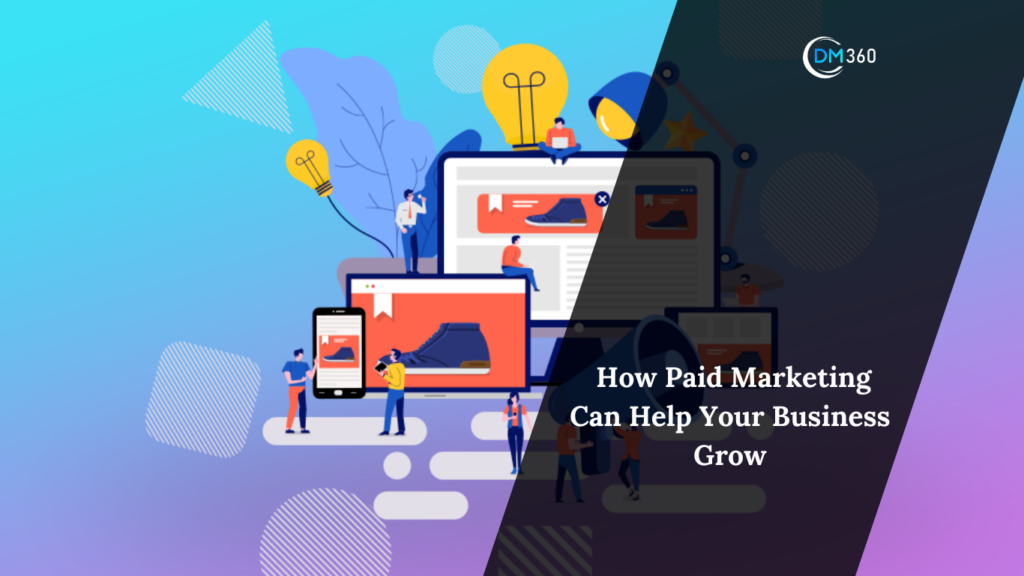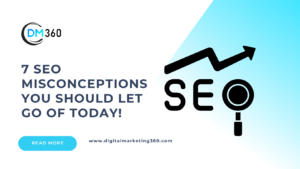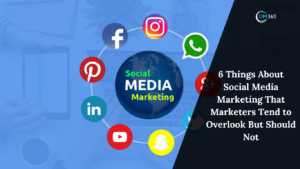Reasons of Paid Marketing Service is Important for the Growth of your Business- Gone are the days when the only source of marketing was newspaper, television, and radio. In today’s world of internet and technology there exist various tools and methods of marketing a product or brand. One of them is the paid services marketing tool which helps in creating the awareness of the brand in the market and targeted audience. Are you looking for the paid services marketing for your brand? Digital marketing 360 is a leading agency in Chicago that serves the best quality service regarding Paid Marketing Services Chicago. You may hesitate to hire paid marketing service but it offers couples of benefits to your brand which are listed as below:
Table of Contents
Toggle
How Paid Marketing Can Help Your Business Grow
Fast results of organic reach
Is your website not running on the first page of any search engine? Paid marketing helps reach and utilize the content to uplift your brand in the eyes of the targeted audience by enabling you to place ads for keywords and bring genuine high traffic to your website.
It helps in enabling your content to people
Your brand and you will only connect with people if your content reaches out to them. If you are not maximizing your potential audience, it’s high time to consider paid marketing services. These services will help you reach out to your targeted audience and allow them to click like and share your brand on social media, producing the desired results for you and reaching the specific potential and targeted audience.
Ads are cost-effective and measurable
Paid advertisements are affordable, as the cost depends on the objective or type of advertisement you have opted for. If you are running your advertisement to increase website traffic, you will incur a cost per click, and if your motive is brand awareness, you will incur a cost per impression.
Spread your messages on multiple social platforms
Spread your message on various platforms to broadcast your brand. Today, almost every platform provides paid advertisement, whether it’s Facebook, Instagram, Twitter, Snapchat, LinkedIn, or YouTube. It’s your choice which platform you want to advertise on to spread your message related to your brand.
How Does it Work?
Paid marketing, also known as pay-per-click (PPC) advertising, involves businesses paying to display their advertisements to the target audience.
Selecting a Platform
Companies choose the same medium where they want to display their ads, such as Google Ads, Facebook Ads, LinkedIn Ads, or Twitter Ads. Whether it is a social media platform or a sharing platform like YouTube, the choice of the platform depends mainly on factors such as the target audience, campaign goals, and budget.
Setting Campaign Goals
Before a business creates ads, it establishes the campaign goals, be it driving website traffic, lead generation, brand awareness, or product or service sales.
Targeting Audience
The businesses create their target audience by using demographics, interests, behaviors, locations or other important criteria. This means that they are displayed to the people who are mostly interested in the products or services they are offering.
Creating Ads
Companies manufacture creative advertising material that touches their desired consumers emotionally. For instance, the website may have different combinations of texts, images, videos, or any of these elements. Ads should be diverse, versatile, and meaningful while appealing to the audiences’ needs.
Setting Budget and Bidding
Companies set the budget for their ads and spend only the amount specified in the plan on advertising. They may select various bidding strategies, such as cost-per-click, cost-per-impression, or cost-per-conversion, which basically means how much they are prepared to pay for each click, impression, or conversion.
Launching Campaign
The ads are then published, and the marketers closely track their efficiency. They are able to measure parameters like impressions, clicks, CTR, conversions, and ROI to assess the success of the campaigns.
Optimizing Campaign
The companies keep honing their ads during the campaign in order to determine the effectiveness of the data. This might be done by, maybe, modifying the targeting options, polishing the ad images, experimenting with various ad formats, or shifting the budget to the doing well campaigns.
Frequently Asked Questions
What is paid marketing, and how does it differ from organic marketing?
Paid marketing, also known as paid advertising or PPC advertising, involves businesses paying to display their ads to a target audience. Unlike organic marketing, which relies on unpaid methods like content marketing and social media engagement, paid marketing allows businesses to reach their audience more directly by paying for placement.
Which platforms can I use for paid marketing?
There are various platforms available for paid marketing, including Google Ads, Facebook Ads, LinkedIn Ads, Twitter Ads, Instagram Ads, and more. The choice of platform depends on factors such as the target audience, advertising goals, and budget.
How do I set campaign goals for paid marketing?
Before launching a paid marketing campaign, businesses should define their campaign goals, such as driving website traffic, generating leads, increasing brand awareness, or driving sales. Clear goals help guide the campaign strategy and measure success.
How do I target my audience with paid marketing?
Businesses can target their audience based on demographics, interests, behavior, location, or other relevant criteria. Most advertising platforms offer robust targeting options to help businesses reach the right audience for their products or services.
How much should I budget for paid marketing?
The budget for paid marketing depends on factors such as advertising goals, target audience size, competition, and industry. Businesses should consider both their overall marketing budget and the campaign’s specific goals when setting a budget for paid marketing.
How do I measure the success of my paid marketing campaigns?
Success in paid marketing is measured using various metrics, including impressions, clicks, click-through rate (CTR), conversions, and return on investment (ROI). Businesses should track these metrics closely and analyze the results to determine the effectiveness of their campaigns.






